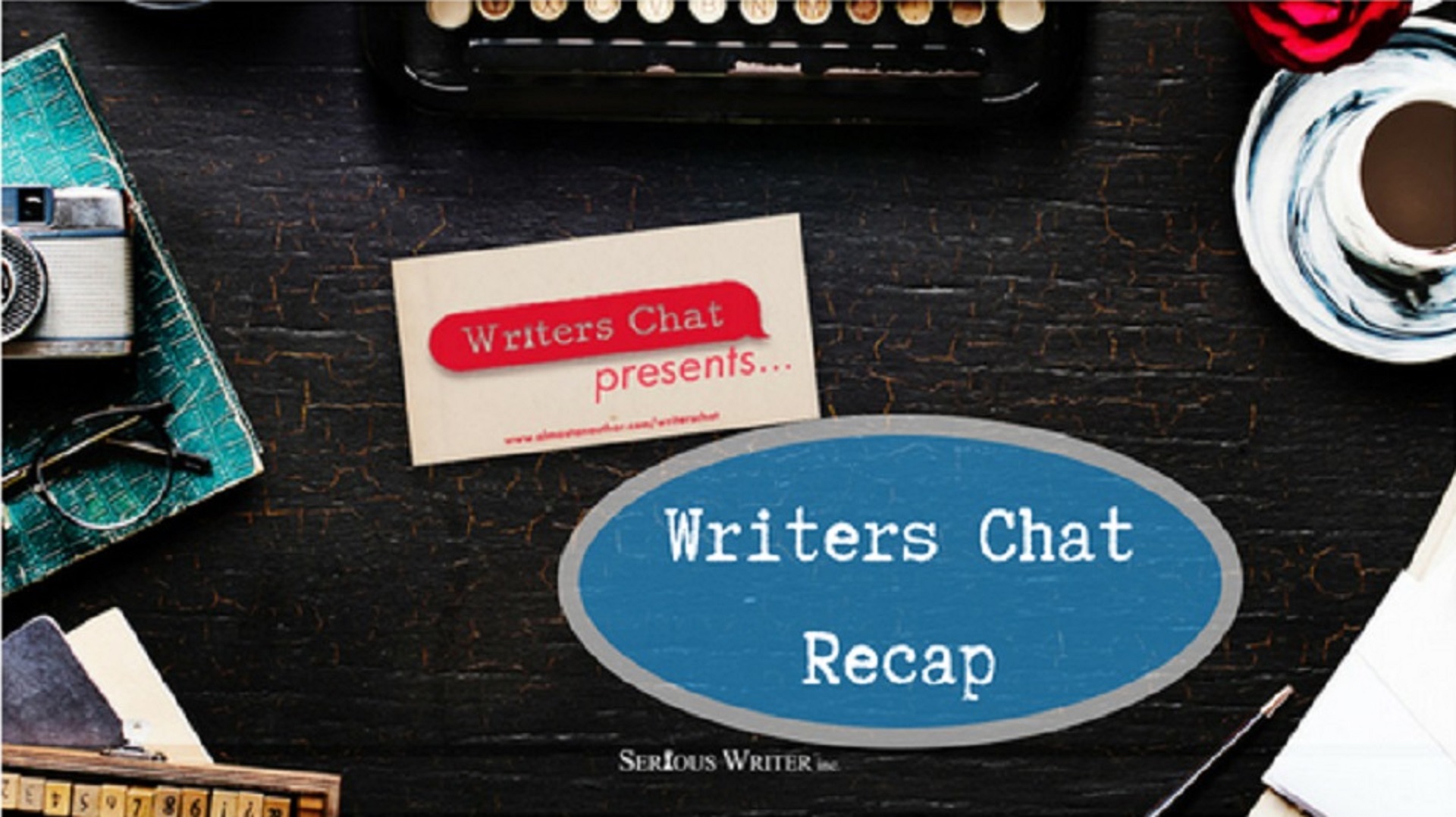
Rich and Concise: How to Tell More without Extra Words
Using fewer words to convey clear ideas will always engage readers. Concise writing grabs the reader’s attention because it does not…
February 24, 2021
Using fewer words to convey clear ideas will always engage readers. Concise writing grabs the reader’s attention because it does not…
February 24, 2021
I read a ton of great middle grade series in 2020 and I’m excited to share just a few…
February 16, 2021
Writers Chat, hosted by Jean Wise, Johnnie Alexander, and Brandy Brow, is the show where we talk about all…
February 15, 2021
Paula Sheridan, Founder of Page Turner Awards, offers advice to authors on how to get their books to win…
February 13, 2021
Like it or not, most of us are spending time in front of a webcam. With the sudden onset…
February 8, 2021
Can you share a little about your recent book? Shadow among Sheaves is a 19th-century retelling of the Ruth…
February 1, 2021
Let’s think like a potential reader for a second. We’re looking for a book to buy, and searching through…
January 31, 2021
Writers Chat, hosted by Jean Wise, Johnnie Alexander, and Brandy Brow, is the show where we talk about all…
January 30, 2021
Poetry is such a beautiful form of literature. It allows you to say so much without having to write…
January 26, 2021
Perhaps, among all the ways to promote your book, content marketing is the most powerful tool since it allows…
January 24, 2021
Writers Chat, hosted by Jean Wise, Johnnie Alexander, and Bethany Jett, is the show where we talk about all…
January 15, 2021
New authors often call me. They want my help to build their platform in time for their book’s release…
January 13, 2021
What makes us human? For some, it’s our cognitive ability, for others, it’s our ability to feel empathy, compassion,…
January 12, 2021
When it comes to marketing, most of us can use all the help we can get. Savvy authors know…
January 8, 2021
In the short time since I published my first book (10/10/2020), I’ve been asked many times what advice I…
December 30, 2020
Alexis A. Goring got her writing start as a very young girl. For a few years, her mother required…
December 26, 2020
Twitter is a major social media platform, which holds 330 million monthly active users, and 450 million daily active…
December 23, 2020
So, it’s Christmas and we’re all still dealing with Covid. Who would have imagined a year ago when we…
December 22, 2020
Writers Chat, hosted by Jean Wise, Johnnie Alexander, and Bethany Jett, is the show where we talk about all…
December 15, 2020
Can you share a little about your recent book? The Silent Queen captures my passion for men and women…
December 12, 2020
The Christmas season is an excellent time to expand your writing resources. Here are some suggestions of items you…
December 8, 2020
Writers Chat, hosted by Jean Wise, Johnnie Alexander, and Bethany Jett, is the show where we talk about all…
December 1, 2020
Do you want to become a successful writer? Be ready to work hard and keep your productivity high. Yep,…
November 28, 2020
Betsy St. Amant, the author of more than fifteen inspirational romances, shares the inspiration behind her latest novel, The Key…
November 26, 2020